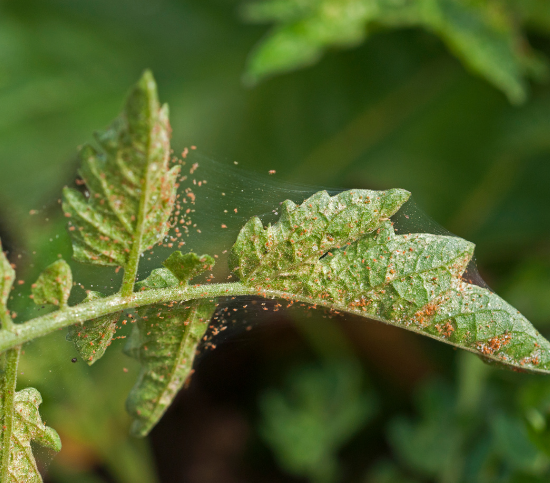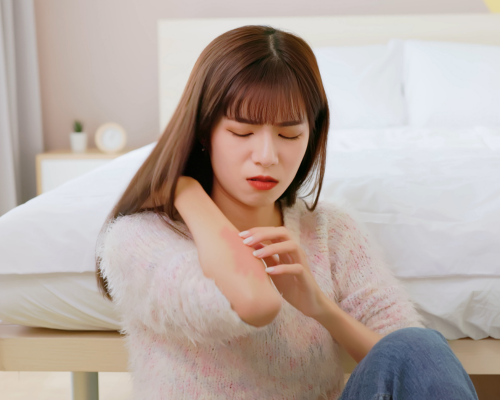


Oak mite bites can appear out of nowhere and cause red, itchy welts that are often mistaken for other skin conditions. Whether you’ve been outdoors under oak trees or are experiencing an unexpected rash, Metro Urgent Care is here to help.
Our urgent care team provides immediate care with prescription-strength treatments, over-the-counter recommendations, and tips to ease discomfort fast. Walk in today for expert diagnosis and personalized treatment, all without the long wait.

Oak mites are microscopic insects that typically fall from oak trees, especially during late summer and early fall. While they don’t live on the body, they can bite when they land on exposed skin, leaving behind itchy red bumps that often resemble chigger or mosquito bites.
Oak mite bites are most common in outdoor areas with oak trees, especially where
oak mite infestations
are present. These bites are increasingly seen in Chicago and La Grange during the warmer months.
Common symptoms include:

While many oak mite bites resolve on their own, some cases require professional attention. Visit Metro Urgent Care if you experience:
Severe or persistent itching
Signs of skin infection (redness, warmth, or pus)
A rash that worsens or spreads
Symptoms that last more than a few days

When it comes to skin concerns like oak mite bites, you deserve care that’s fast, friendly, and effective. Here’s why patients trust Metro Urgent Care:
Yes, especially if scratched repeatedly. If the skin becomes red, swollen, or warm to the touch, it may be infected and require medical treatment.
Oak mites do not live on people or in homes. They fall from oak trees and bite when they land on your skin.
Oak mites are most common in areas with many oak trees, such as parks and wooded neighborhoods. Chicago and La Grange see seasonal activity.
Children who play outdoors are just as likely to be affected. Our clinics provide gentle, kid-friendly treatment options.
Oak mites are most active in late summer through early fall, typically when oak tree galls are abundant.
Mild bites can be managed with OTC creams and cold compresses. If symptoms are severe or persist, professional care is recommended.